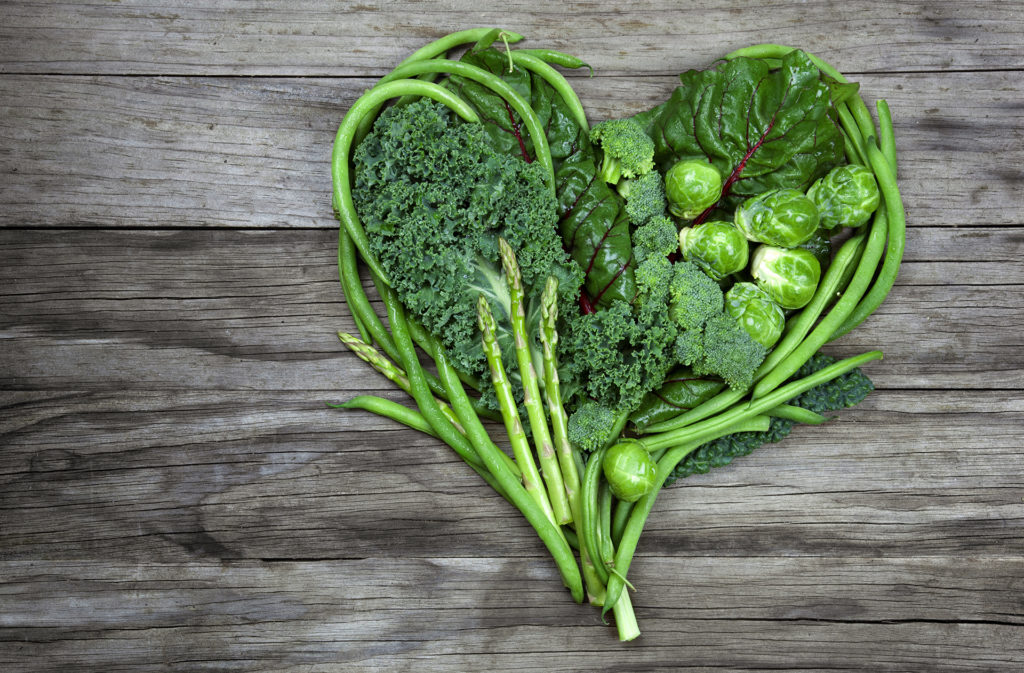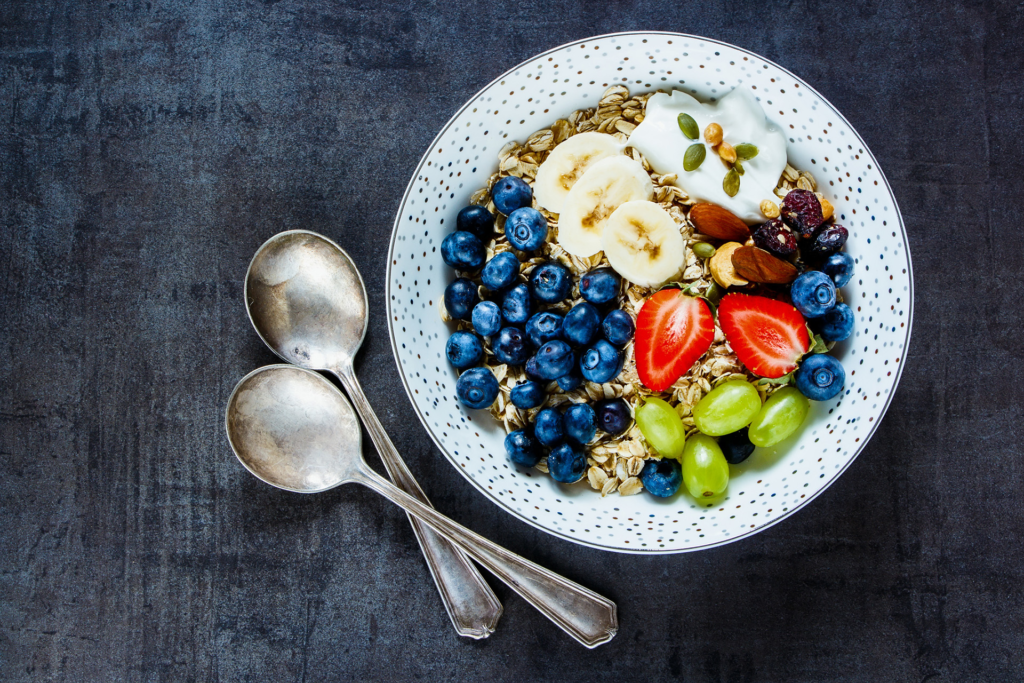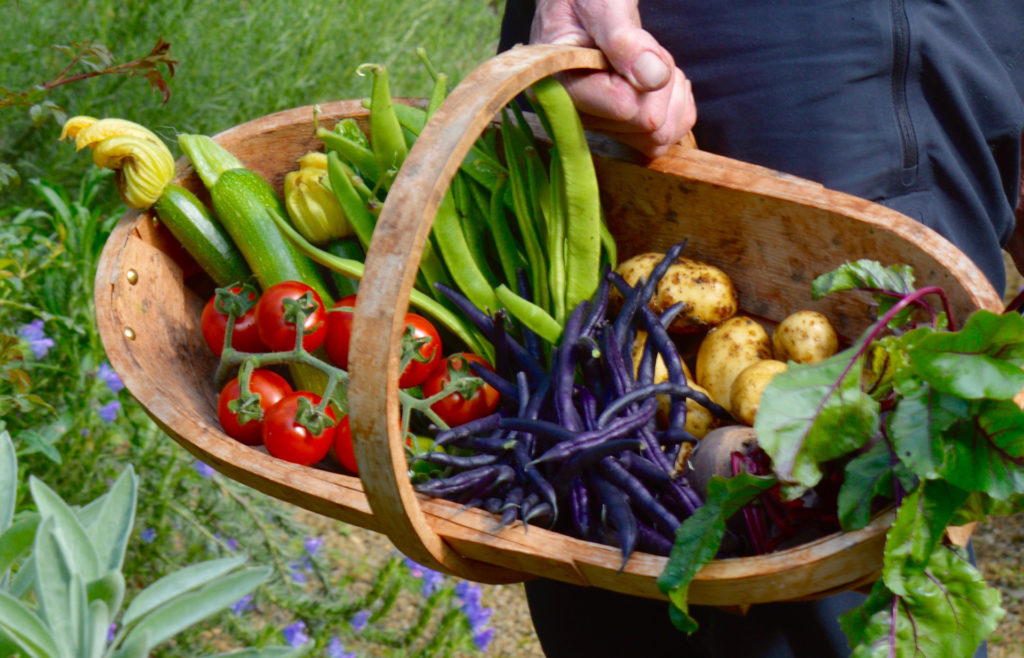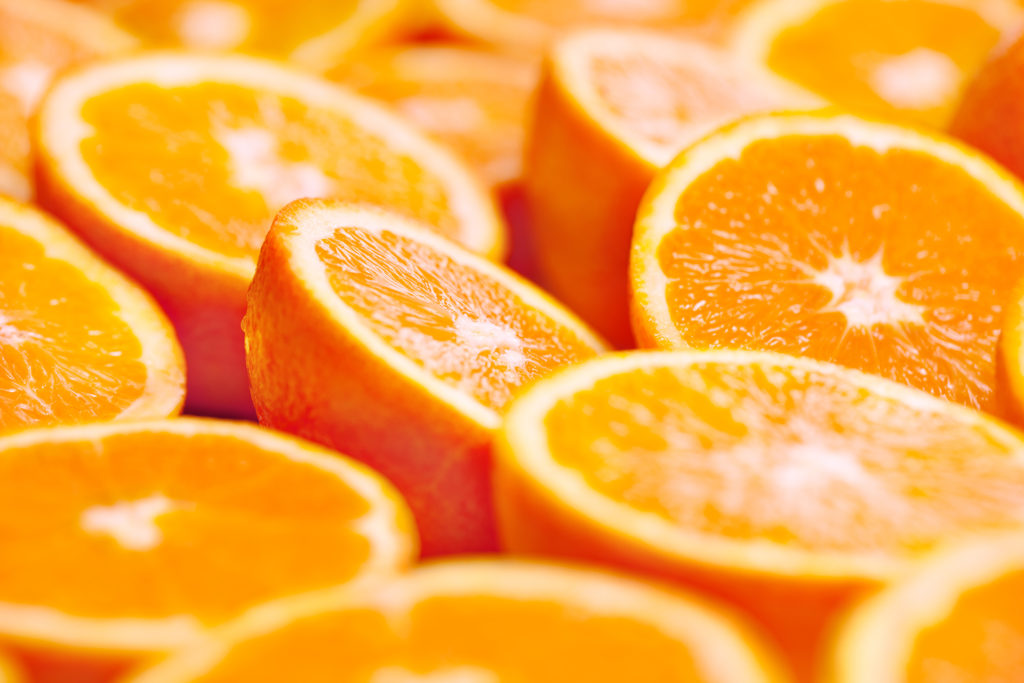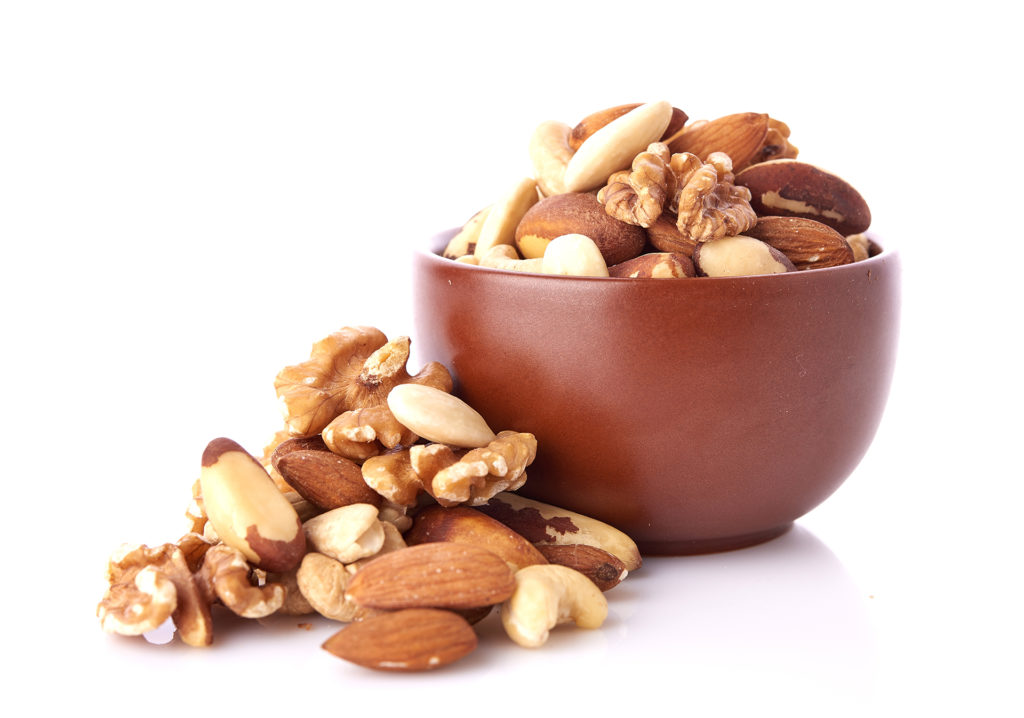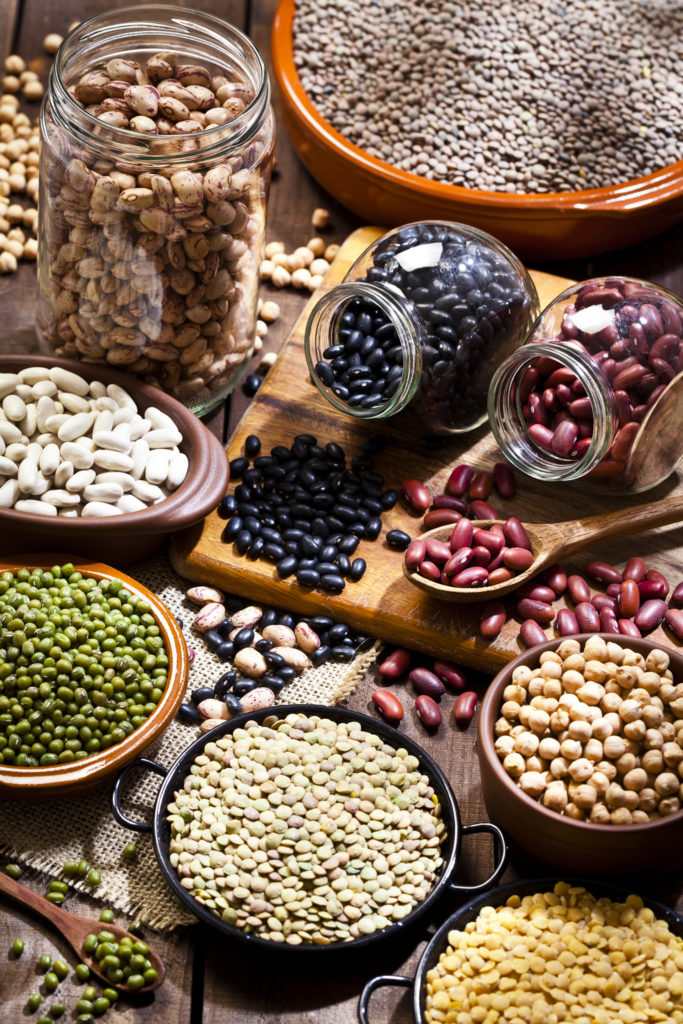Thinking Of Going Vegan? Here’s Everything You Need To Know
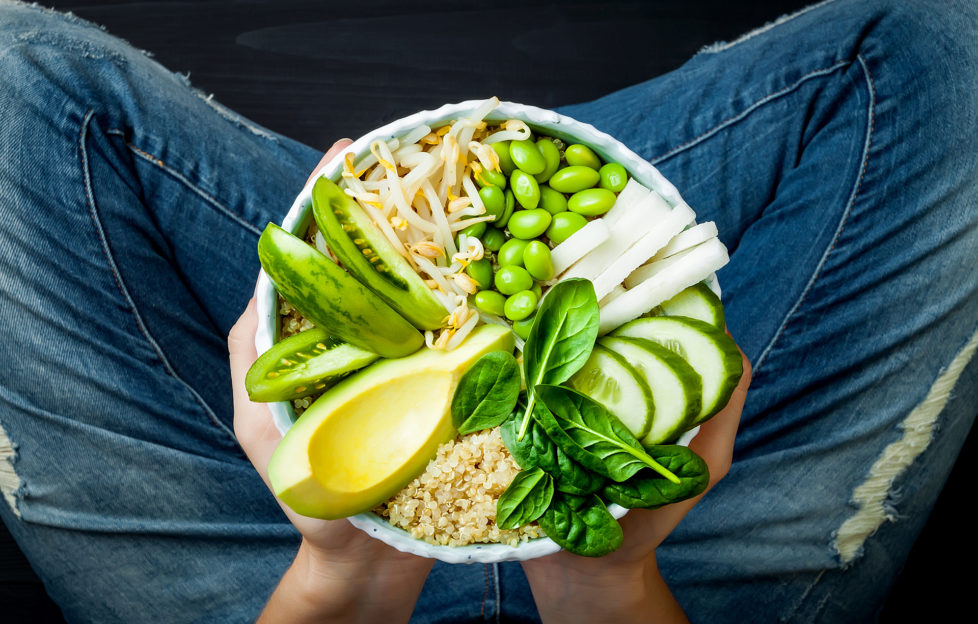
Georgina Camfield, Associate Nutritionist at AXA PPP healthcare
What is veganism?
Vegans enjoy a plant-based diet, avoiding all animal-derived ingredients such as meat, dairy, eggs and honey. This includes products that come from, or use, animals in the process. Therefore, veganism is more than just a diet, but a way of living for almost half (42%) of UK vegans who made the switch in 2018. This is only set to rise, with the number of vegans and vegetarians forecasted to make up a quarter of the British population by 2025.
Why do people choose to go vegan?
For the environment. The production of animal goods can place a strain on the environment, as it requires a large amount of energy, land and grain to produce. This has been linked to deforestation, habitat loss and species extinction. The by-products of animal agriculture can also contribute to pollution; therefore, a plant-based diet is considered to be lower in its carbon footprint and more sustainable for the environment.
For health reasons. Following a plant-based diet can have positive effects on your health and wellbeing when done efficiently. A plant-based diet can encourage more fibre, antioxidants, potassium, magnesium and vitamins A, C and E from an increased consumption of fruit and vegetables. However, it is important to remember that meat and dairy produce can provide us with a wealth of vitamins and minerals that are harder to obtain when living meat free, therefore careful planning is recommended to reduce chance of deficiency. Vegans following a well-structured nutritious diet, may consume fewer processed foods, which can help in reducing the risk of Type 2 diabetes and improving gut function.
To support animal welfare. Millions of animals are slaughtered every day and the farming of these animals can be unpleasant, so in order to stand against this and prevent the suffering and deaths of animals, some people choose to eliminate these from their diet or lifestyle. Regardless of stringent regulations on the slaughter of animals, many still die in fear and pain which might be the driving factor for someone to go vegan.
What do vegans avoid eating?
Vegans will avoid food or ingredients that derive from an animal, including:
1 Meat: such as beef, lamb, pork and venison.
2 Poultry: such as chicken, turkey, goose and duck.
3 Seafood: such as fish, anchovies, prawns, squid and mussels.
4 Dairy: such as milk, yogurt, cheese, butter and cream.
5 Eggs: such as chicken or quail’s eggs.
6 Bee products: such as honey or bee pollen.
7 Gelatine: which is a thickening agent in gummy sweets and marshmallows, that is made from the skin, bones and the connective tissue of cows and pigs.
8 Some beers and wines: this can include egg white or gelatine, depending on the manufacturer.
9 Deep-fried foods: the batter used to deep fry foods can include egg.
10 Casein, Lactose and Whey: these products are all derived from milk and can even appear labelled on foods such as crisps and bread.
What do vegans eat?
There can be a false assumption that omnivores are getting all the vitamins and nutrition they need from their diet. But for those adopting a vegan lifestyle, it can be worth special consideration as to what key vitamins and minerals are needed. This can be managed by eating a well-balanced vegan diet, covering all food groups containing plant-based foods. It’s particularly important to make sure that calcium-rich foods from each group are consumed to support healthy bones, such as almonds, figs and fortified plant milk. So, here’s some guidance on what to eat while following a vegan diet:
1 Vegetables: These make up the largest proportion of a vegan diet. They are a very versatile food group, which can be cooked and enjoyed in lots of different forms, making up a staple part of the vegan diet.
2 Fruits: Eating fruit has many benefits, including large amounts of vitamin C and antioxidants, which help in maintaining a healthy immune system. Jackfruit has become popular with vegans due to the similarity in texture of meat – often being used to replicate pulled pork and chicken in tacos and fajitas.
3 Grains: These include bread, rice noodles, dried pasta and rice which are key carbohydrates, providing slow releasing energy to keep you fuller and satisfied for longer.
4 Nuts and seeds: Walnuts, brazil nuts and chia seeds, for example, can be used within many savoury and sweet dishes, whether it’s porridge or in a stir fry and offer a great source of omegas (healthy fats) which support heart health.
5 Legumes: This food group is vital for vegans, as it is where most protein is generated from. Lentils and kidney beans contain high levels of protein in replacement for meat and dairy in the diet.
6 Other essentials: There are certain vitamins that are harder to consume without eating meat, fish or dairy. Leafy greens, yeast extract and fortified produce are great sources of B vitamins which are important for releasing energy, while iron content can be topped up through broccoli, legumes and pumpkin seeds. Tofu is also an excellent source of protein. As with making any significant change to your lifestyle, consult a health professional to discuss your individual needs.


